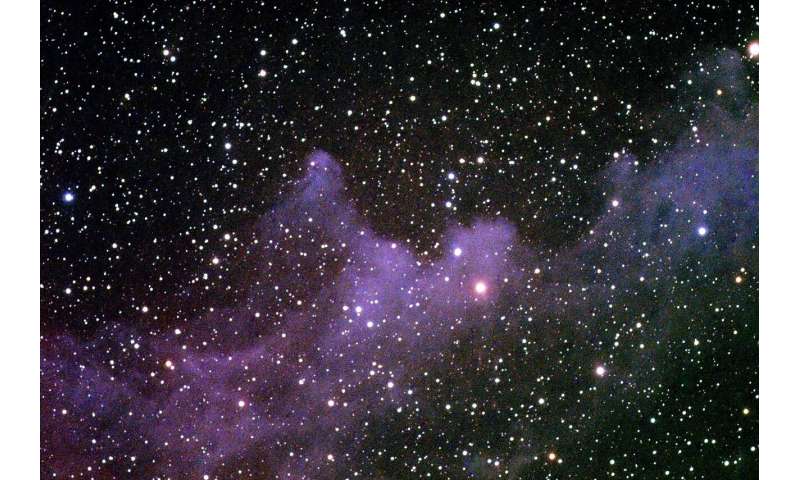Best of Last Week: New class of black holes, traffic maps for the internet, and 3-D printed skin

It was another good week for space exploration as a group with members from the University of Connecticut, Texas A&M University, the University of Central Florida, the Naval Research Laboratory, and the Air Force Research Laboratory conducted a study that shed light on the conditions that trigger supernovae explosions—they were able to demonstrate the process of detonation formation on some of the largest supercomputers in the U.S. Also, a team with members from the U.S., Spain, Denmark and Sweden announced that they might have discovered a whole new class of black holes—a class smaller than the smallest-known black holes in the universe. And an international team of researchers announced that worldwide observations confirmed a nearby 'lensing' exoplanet—data from telescopes around the world confirmed the rare event.
In technology news, a team at Pennsylvania State University announced that they had developed a lithium-ion battery design that can charge an electric vehicle in 10 minutes—by charging the battery to an elevated temperature and then discharging it at cooler temperatures. Also, a collaboration between MIT and several institutions in Chile resulted in the development of a system that provides cooling with no electricity—by taking advantage of radiative cooling. And a team at the University of New Mexico announced that they had developed a deep-learning approach to coordinate defensive escort teams to provide enhanced security for people or goods. Also, a team at MIT created a supercomputer application that analyzes web traffic across the entire internet and shows what it looks like on any given day.
In other news, a team at Rensselaer Polytechnic Institute made headlines when they announced that living skin can now be 3-D-printed with blood vessels—a significant step toward skin grafts that are more natural. And a team with members from several institutions in China and the U.S. announced that they had collected 2-million-year-old ice samples that provide a snapshot of Earth's greenhouse gas history.
And finally, if you are one of the millions of pregnant women around the world, you may want to take a look at work done by a team led by Xiaobing Wang, of the Johns Hopkins University Bloomberg School of Public Health—they found evidence that suggested taking acetaminophen during pregnancy could be linked to a higher risk of ADHD and autism in babies.
© 2019 Science X Network